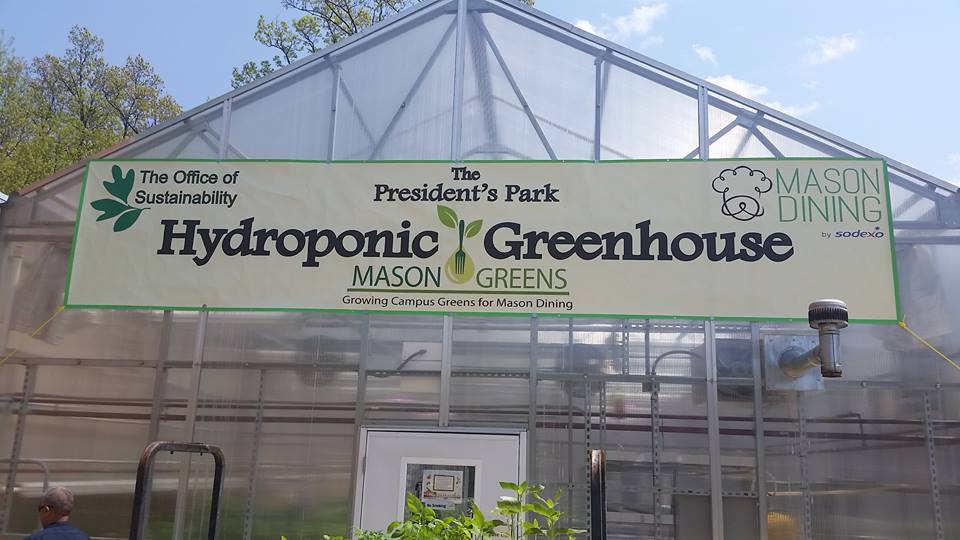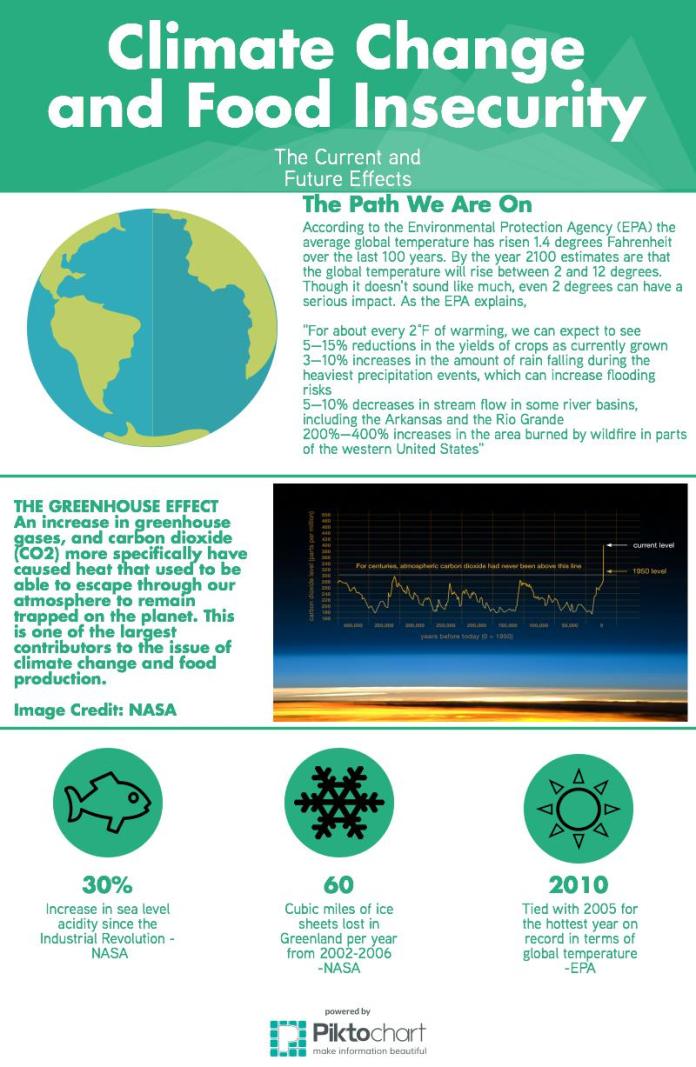
The Arcadia Center for Sustainable Food & Agriculture’s mission is to improve the health of their community, support the viability of local farmers, and preserve the environment for future generations. All it takes is a trip to their farm sites in Alexandria, Virginia to see this mission in action.
The first visible example of their mission in action can be seen when turning into one of Arcadia’s two farm sites. As volunteers or visitors drive up the narrow driveway to a greenhouse built for seedlings, they immediately see the repurposed and repainted school bus that is now known as Arcadia’s Mobile Market, which will be opening for business on May 10.
It was inside the greenhouse for seedlings that I was able to speak with Director of Farmer Training and Market Garden Manager Anita Adalja. One of the first things she explained was what crops they grew, and why.
“Because everything we grow goes into our mobile farmer’s market, we know what our customer base is and what the demand is. This is our fifth year of growing for the farmer’s market, so we know that our consumers are looking for collard greens, okra, tomatoes, sweet potatoes, eggplant peppers, lots of different types of herbs, beets, carrot, and others,” Adalba said.
Growing all this produce and working the land requires quite a bit of help, and Adalba said she relies a lot on volunteers and special programs that get the community involved. One program Adalba spoke about in particular was the Veteran Farmer Training Program.
“So we have a full time veteran fellow, Laron, who works with us forty hours a week; he’s basically an apprentice with us and he’ll be with us for two years. Then we have another program called the reserve program, so it’s less commitment. So we have 13 folks who are all veterans, some right out of combat, who come and work with us on the weekends,” Adalba said.
As the Arcadia Center’s website shows, the Veteran Farmer Training Program’s main goal is to address the employment challenge facing the farming sector. Their solution is to, “Pay veterans to learn how to farm. Help them find affordable land. Provide easy market access for the food they produce to satisfy the robust and growing public demand. And reinvigorate the farm sector with skilled new growers, eager to begin their next phase of life.”
Of the 14 veterans working at Arcadia to help produce food for the market, Laron Murrell is the only one in the full time program. Murrell explained he came across the program when looking for Summer Internships at his community college in North Carolina.
“I was actually taking agricultural technology at my community college in North Carolina, and I was looking for a summer internship or work study. When I put in internships all of them came up and the flower from Arcadia caught my eye and once I picked that one I saw they were starting a veteran program so it was like perfect timing,” Murrell said.
Murrell explained that when he realized the program was full time and not only for the summer, he had to make a decision on whether to focus on schooling or experience, a decision many students have to make during their college careers.
“I saw that and I was like, ‘well, which one should I do? Should I continue going to school, or go ahead and get some experience? I decided to go ahead and get the experience.”
Murrell said that he has truly enjoyed the past eight months he has spent with Arcadia, and that he looks forward to being able to start his own farm eventually back in North Carolina. Until then, he will continue to help grow fresh produce for the Mobile Market.
Overall both of these programs are helping solve problems that the infographic above explained in more detail. Though there are many issues facing the D.C community today, we can feel better knowing that programs like the ones being run by the Arcadia Center for Sustainable Food & Agriculture, among others, are doing their best to solve them.
Anyone interested in learning more about the Arcadia Center or food insecurity in the D.C. area can go to the Arcadia Center website at www.arcadiafood.org or visit http://www.dchunger.org. To see Arcadia’s farms and hear this story through the mouth of the people who work there, watch the embedded video below.

